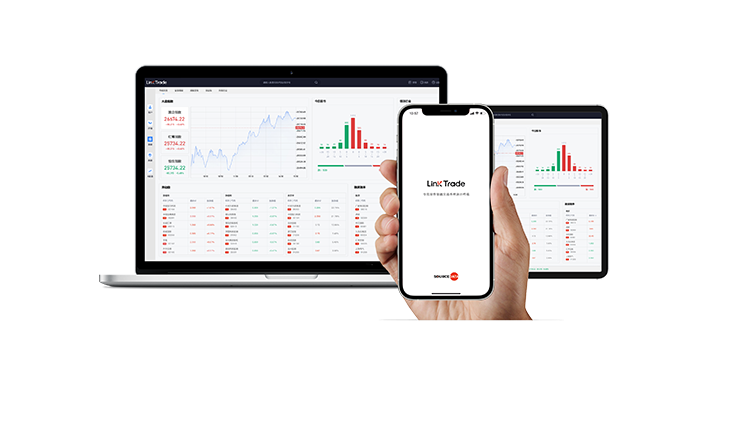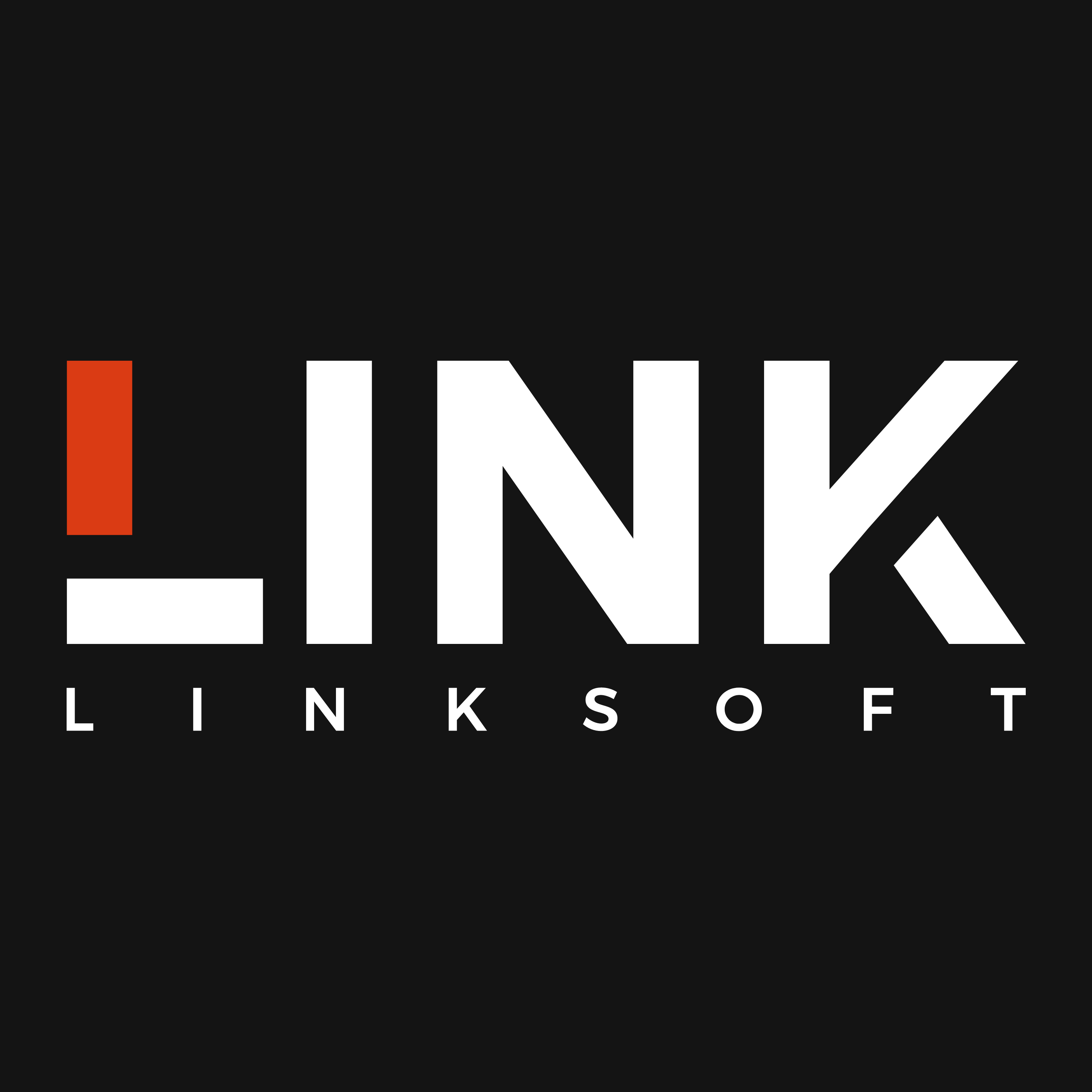Open the door, my advice:Native APP.(See the end of the article for details)
What is Native APP?
Native APP is a third-party application based on the local operating system of smart phone (such as IOS, Android, WP, etc.) and written with native program. Java, PHP, Objective-C, etc. are its common development languages.
Native APP is usually composed of "cloud server data + APP application client". All UI elements, data content and logical framework of APP application are installed on the mobile terminal.
In short, Native APP is our most common traditional APP development mode.

What is Web APP?
Web APP, is a framework type APP development mode (HTML5 APP framework development mode). The development mode has the advantages of cross platform, which is usually composed of two parts: HTML5 cloud website + APP application client.
APP application client only needs to install the framework part of application, while APP opens directly to the data information on the cloud. It is directly displayed by extracting access data from the server on the cloud. The Web APP operates directly through access data, like direct access by web page opening, which is the same as H5 connection access.
Most of the packaged app is also packaged by the H5 system on the web page. Therefore, the access to mobile phone hardware parameters and the control of the permissions of the mobile phone may be relatively limited.
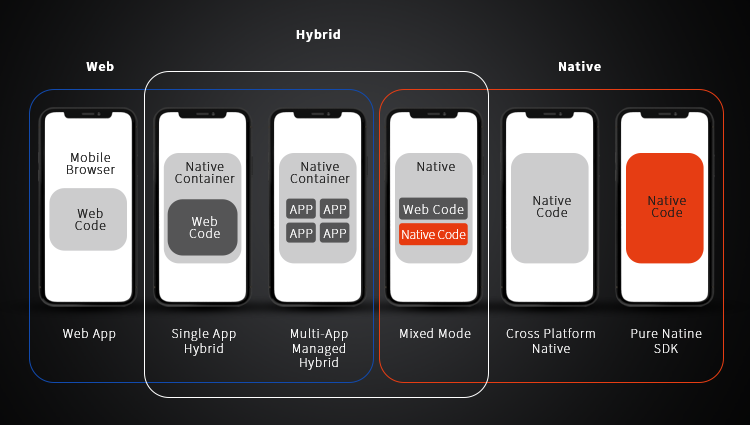
What's the difference between Native APP and Web APP?
1. Development
Native APP: developed independently for different systems. Each system needs an independent development language, such as Java for Android and Objective-C for IOS; We need to use their own development tools, software development kits and their own controls; Need to adapt to different models and a variety of equipment testing, development cycle is relatively long, the cost is relatively high.
Web APP: running on the browser of mobile device terminal, only one development project is needed; Using HTML5, HTML, CSS, JavaScript development, encapsulation app using uni-APP, etc; There is no standard SDK, simple adaptation, cross platform and terminal, short development cycle and low cost.
2. Update
Native APP: the update process is slow and complex. Each update needs to be packaged to each app store for audit. The audit process is complex and slow, which affects the release process; Users can freely choose whether to update the software, and different users will use different versions at the same time.
Web APP: real time update, fast iteration, update only need server, cloud synchronization, no official audit, can be released at any time; All users are the same version, no need to upgrade manually.

3. Entrance
Native APP: the entrance is unique and can only be accessed level by level through the main page of the APP. This ensures that the APP has no abnormal access, and greatly reduces the complexity of the product.
Web APP: there are multiple entrances, and the addresses of all H5 pages of the site are easily accessible, perceptible, and replicable.
4. Function
Native APP: can call hardware devices of mobile terminal (such as voice, camera, SMS, GPS, Bluetooth, etc.); User data can be saved; Functions without network can be used offline; It can evoke other APPs.
Web APP: less hardware devices and capabilities can be used; Offline network is not available at all; The security of product payment function is not high enough.
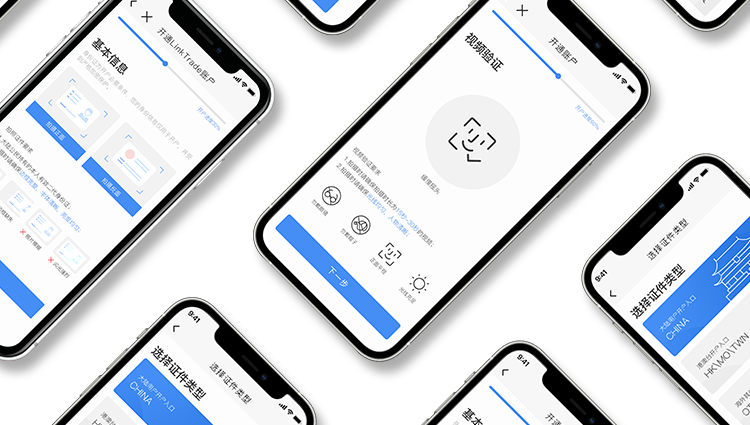
5. Loading speed
Native APP: static resources are built into APP or cached locally without loading; It can save the required user interaction data and reduce the application storage of data to the greatest extent; Loading speed is fast, smooth, less affected by the network speed, better performance, high experience.
Web APP: loading is slow and depends on the existing tool network request performance. Each time you open it, you need to reload to obtain data. According to the performance of the mobile phone, the user experience is different, and the fluency is not high enough.

6. Product experience
Native APP: UI rendering is closer to the underlying language of mobile phone system, with fast rendering and good experience, especially in the obvious drop-down box and long list; The packaging environment and the usage environment after packaging are determined. It does not need to be differentiated according to the situation of the APP, but only needs to pay attention to the system version.
Web APP: rendering is slow, which will give users a feeling of card or insensitivity; Different browsers will affect the packaged JS and CSS files.
7. Authentication
Native APP: in general, the use of Native APP requires strong login, especially the use of core business pages, unless a separate visitor mode application experience is designed. As long as the user has logged in once, the logged in user name and password can be stored in the APP for a long time. The next time you enter, you can directly use the login data to perform automatic login.
Web APP: in general, many H5 pages belong to non sensitive pages. At least from the perspective of product design, this is not a sensitive page, which determines that when developing H5, little consideration will be given to whether authentication is needed or whether a user can access it. If necessary, do login authorization and then do redirection; If it is not needed, access it directly, and judge the business status when the business requires it.
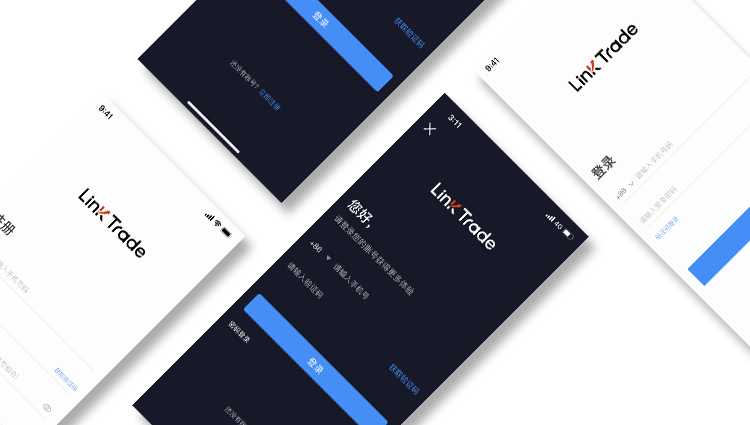
What are the advantages and disadvantages of Native APP and Web APP?
●Native APP●
Advantages
| 1 | The best user experience, the best user interface, the most gorgeous interaction |
|---|---|
| 2 | Good performance, high fluency |
| 3 | Support a large number of graphics and animation, running fast, not stuck |
| 4 | Access to local resources |
| 5 | The function of system hardware can be called, and the complete function can be realized |
| 6 | Using the interface of the device quickly, the processing speed is faster |
| 7 | It can carry more product functions, such as AR technology, AI Artificial Intelligence, video editing, etc |
| 8 | The audit of the official APP store can ensure that users get high-quality and safer APPs |
| 9 | The effect of drainage, customer storage and user operation is better, and the means of realization are diverse |
| 10 | Clear profit model |
Disadvantages
| 1 | The development time is quite long |
|---|---|
| 2 | The development cost is relatively high |
| 3 | The maintenance cost is relatively high and relatively difficult |
| 4 | Occupy a large capacity of mobile phone |
●Web APP●
Advantages
| 1 | It can be developed across platforms |
|---|---|
| 2 | Low development cost |
| 3 | The development time is relatively short |
| 4 | Real time update and fast iteration |
| 5 | Easier maintenance |
| 6 | It is suitable for displaying pages with large sections of text and rich formats |
| 7 | Users can get more complete visual and auditory effects with less traffic |
| 8 | It is convenient for effect tracking and data feedback |
Disadvantages
| 1 | You can't use the unique features of many mobile hardware devices |
|---|---|
| 2 | The support of pictures and animations is low |
| 3 | APP response speed is slow, page switching fluency is poor |
| 4 | Poor user experience |
| 5 | Low security |
| 6 | Data is hard to persist |
| 7 | The communication environment is highly restrictive |
| 8 | It's hard for users to find out |
| 9 | User stickiness is not high, retention rate, second click rate is low |

Through the analysis and comparison of Native APP and Web APP, their respective roles, missions and functions in operation and promotion are basically clear.
When considering a product and requirement analysis, you should consider the relationship and differences between Native APP and Web APP. I suggest you ask yourself the following questions first:
1. What is your application type and content?
2. What problems do you want to solve?
3. What kind of effect and user experience do you want to achieve?
4. Does your application need to use the special functions of some devices?
5. What's your development budget?
6. When do you plan to go online?
7. What is your business model?
Why should securities companies choose Native APP?
· From the industry level, securities belong to the financial industry, and stability of procedures, payment security, data security and real-time data are very important, which cannot be guaranteed by Web APP;
· From the user level, the interactive experience, UI interface, fluency and stability of the Native APP can bring investors a sense of reliability and security that the Web APP lacks, which also means that securities companies can gain investors' trust and further improve efficiency;
· From the technical level, the Native APP can carry more technical functions, such as face recognition, electronic signature, etc., and support a large number of graphics, videos, etc., greatly improving the user experience;
· From the operational level, the effect of original APP's drainage, customer storage and user maintenance is better. The number, activity and retention rate of investors are the key points for the profit of securities companies. These Web APPs can't guarantee
To sum up, in view of the Internet plus and IT autonomy, the Native APP of mobile terminals is better than Web APP.
